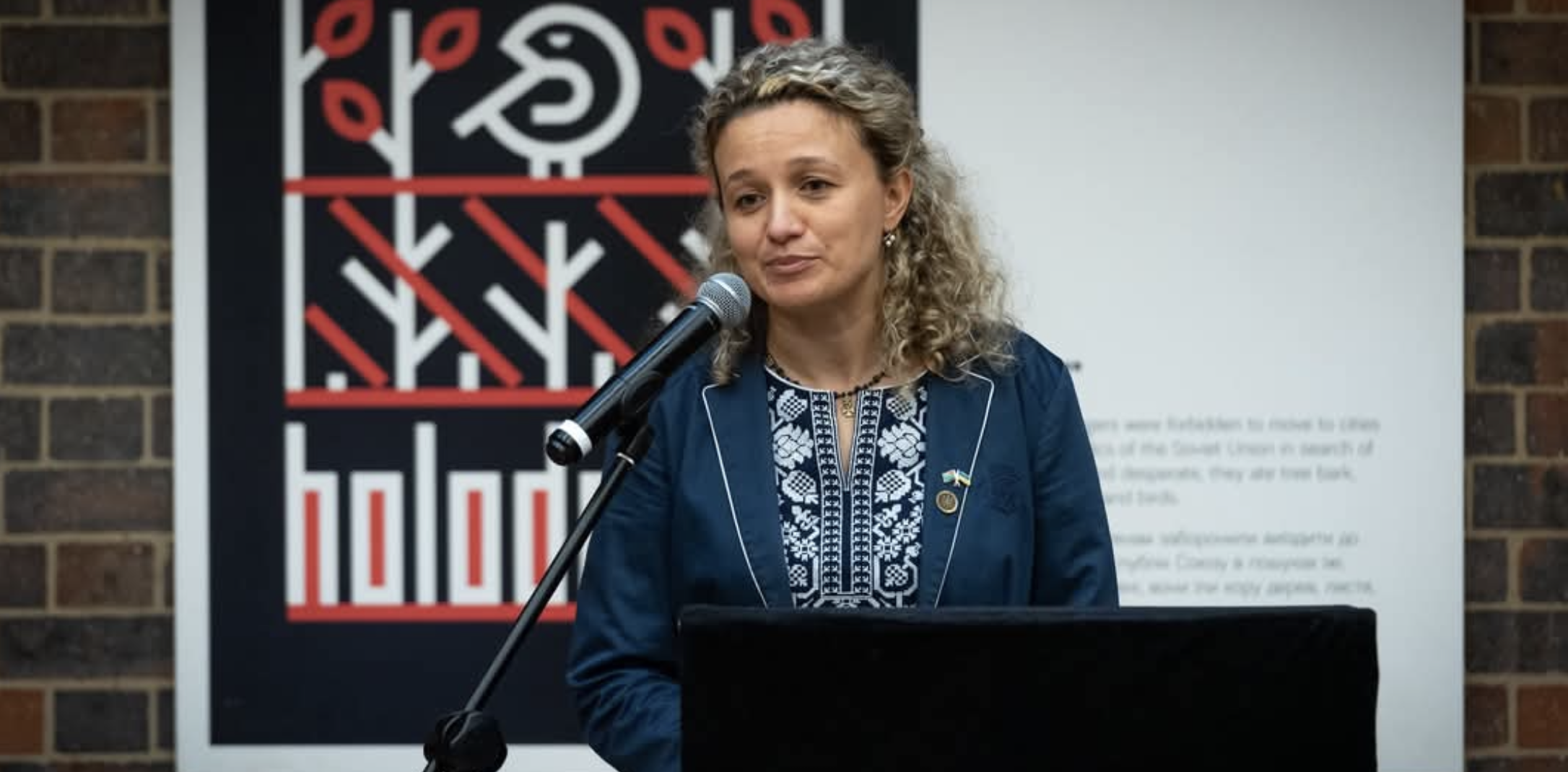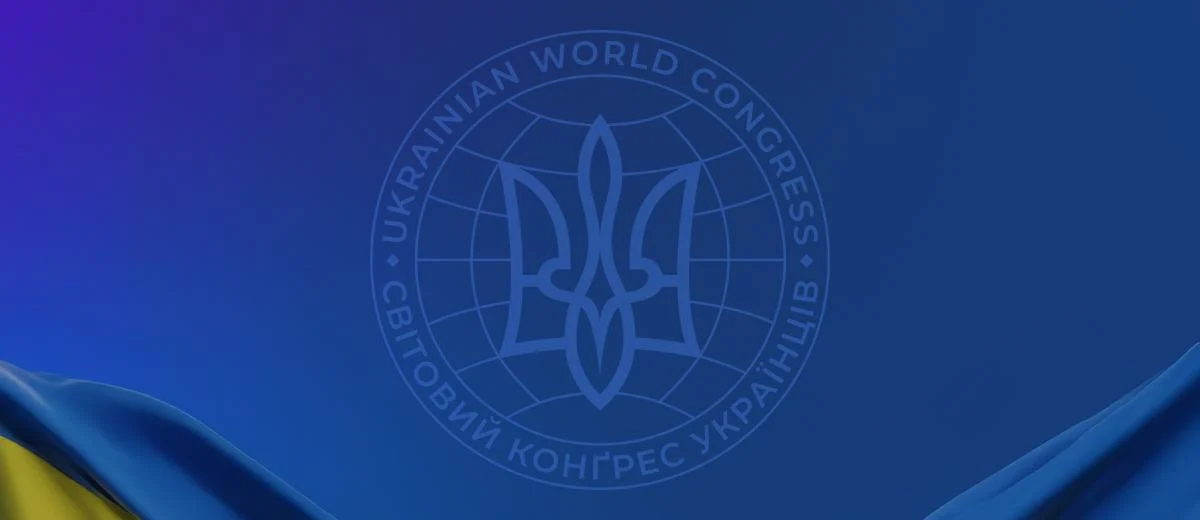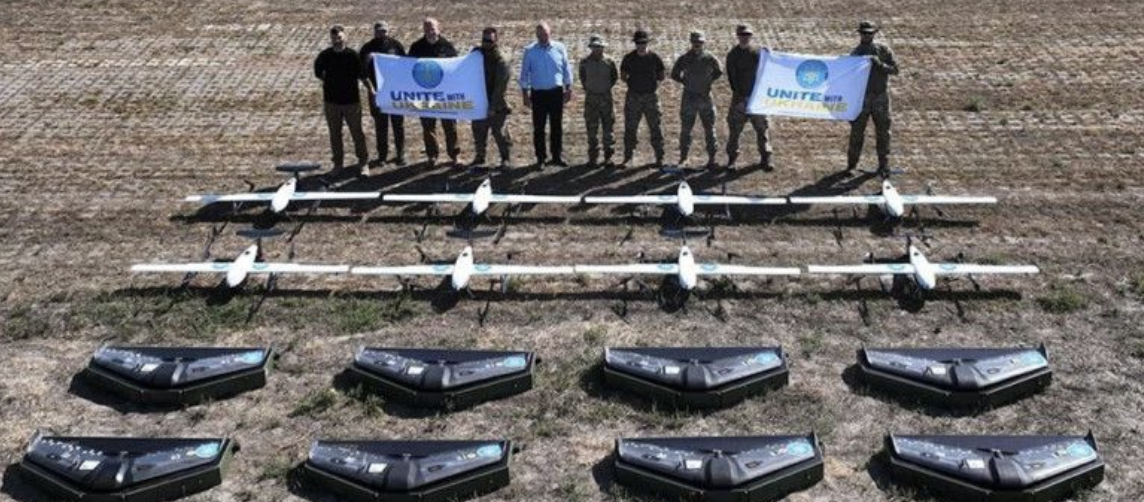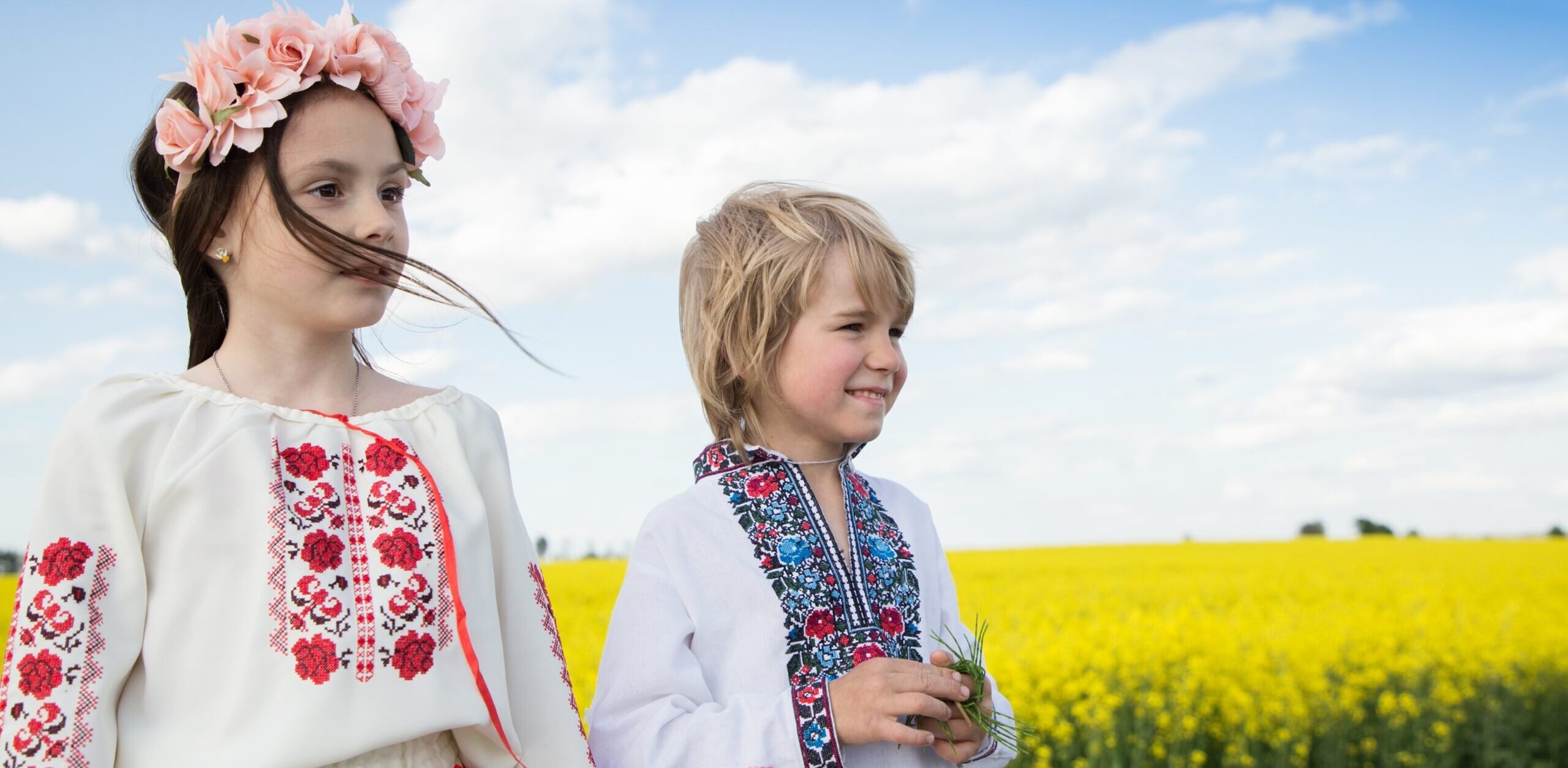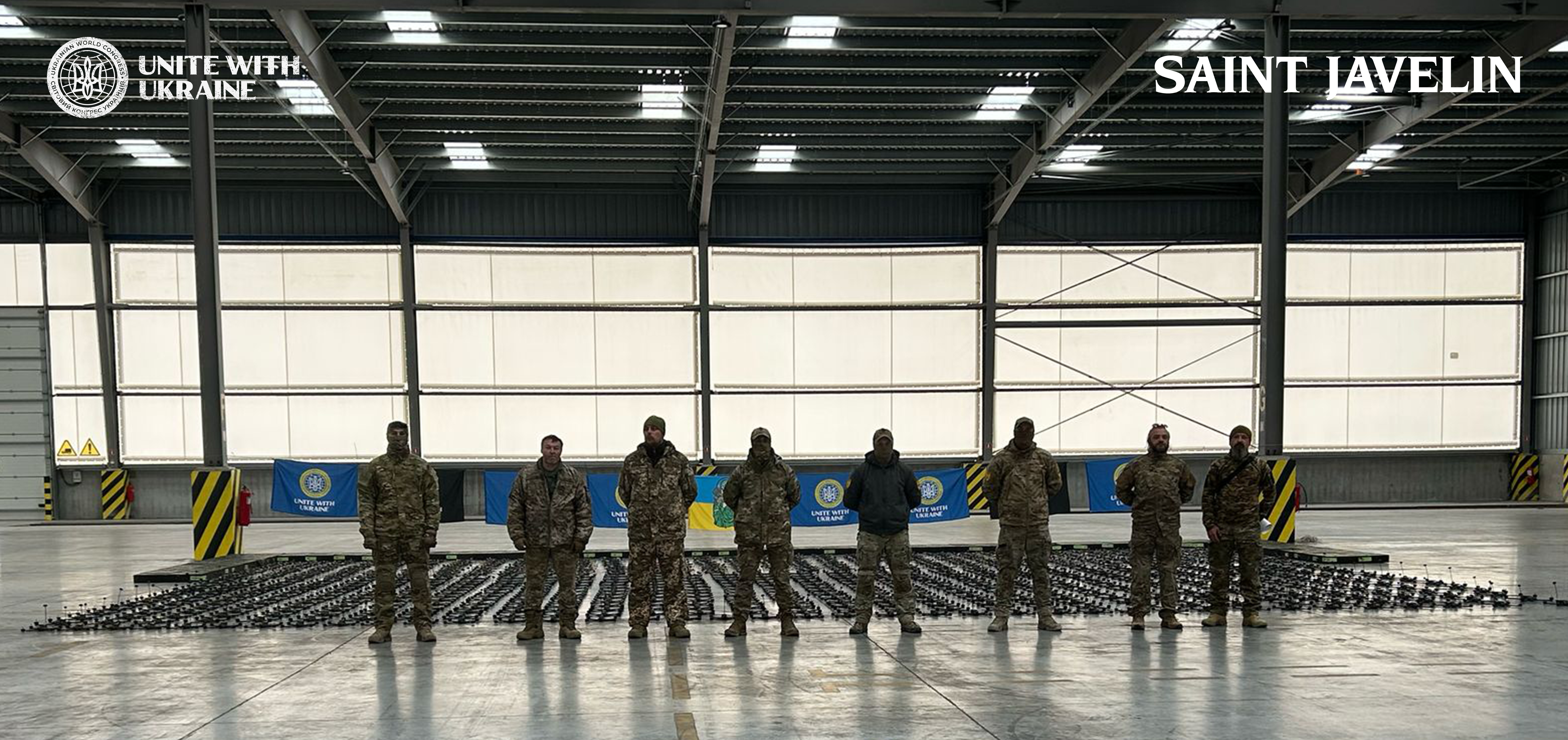
According to the Ministry of Environmental Protection and Natural Resources of Ukraine, the Dzharylhatskyi National Nature Park’s most valuable steppe region has been severely damaged by Russian forces. The occupying troops have also targeted and destroyed several assets belonging to Ukraine’s conservation fund within the park.
“War has a devastating effect on the environment, and its consequences can be felt not only for us, but also for future generations. Military actions lead to the deterioration of ecosystems and natural resources even after their termination, affecting the well-being of the state and society,” the ministry said.
The war affected more than 20% of nature conservation areas in Ukraine. 514 objects of the nature reserve fund with an area of 0.80 million hectares remain occupied today.
In addition to the most valuable steppe area of the Dzharylhatskyi National Nature Park, the actions of the Russians destroyed two wetlands of international importance: Big and Small Kuchuhury Archipelago and Seven Beacons Floodplain. In total, 812 objects of the nature reserve fund with a total area of 0.9 million hectares were affected.
Apart from that, 2.9 million hectares of the Emerald Network territories – 160 territories that are part of the nature protection network of Europe and are protected within the limits of EU legislation and the Council of Europe – are under threat of destruction.
“This list and the scale of losses may increase because hostilities are still ongoing in part of the territories of Ukraine, and the rest are under occupation or awaiting demining,” the ministry emphasizes.
In August, a devastating fire ravaged the entirety of the protected natural park area on Dzharylhach Island in southern Ukraine, encompassing approximately 1,500 hectares of land, according to Iryna Sabashenko, who serves as the Head of Dzharylhatskyi National Nature Park.
The designated conservation zone on Dzharylhach had attained reserve status as far back as 1974, a significant 35 years before the establishment of the national park. It is crucial to note that the island has been subject to Russian occupation since the outset of a full-scale invasion, and during this occupation, Russian forces have been wreaking havoc on the territory, including targeting the island’s wildlife.
It was previously reported that the Russian occupation administration had been suspected of planning to seize animals from the Askania-Nova reserve located in Kherson Oblast.


